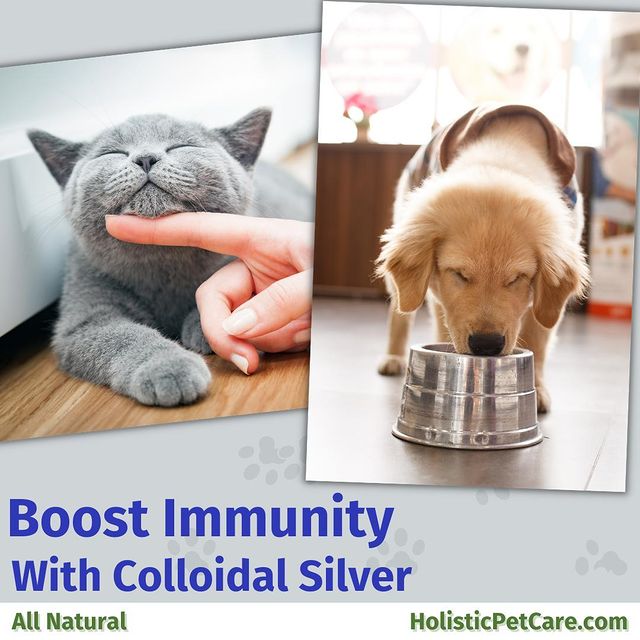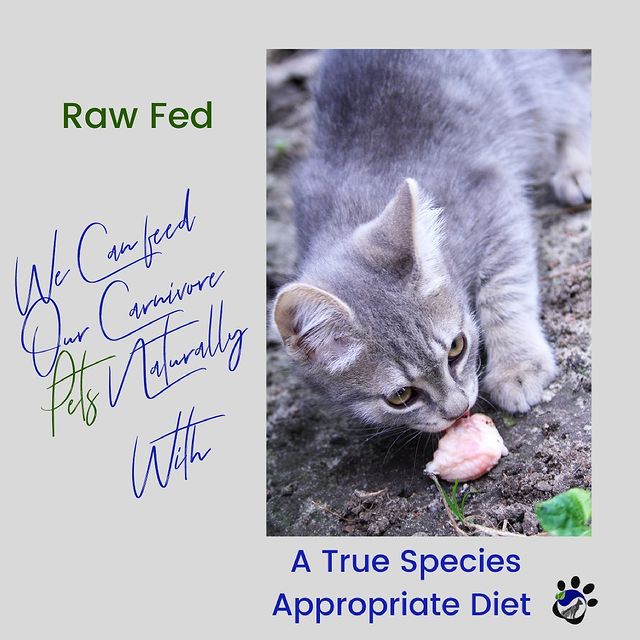Feline Lower Urinary Tract Disease
Posted by Rhonda Jewel on Nov 21, 2016
Cat Crystals: What You Need To Know
If your cat is frequently urinating, and having a recurring problem with bladder infections, then they likely have a condition now known as Feline Lower Urinary Tract Disease.
As our feline friends get older they can often have bladders complications. What begins as just small crystals in your kitty cat’s urine can start to become even larger stones. This is sometimes hard to detect in the early stages unless you watch your cat closely.
Inorganic minerals from kibble and tap water can start to form into larger bits and pieces in the bladder causing your feline some serious discomfort when trying to pee. The signs of a kitty UTI or bladder crystals and foreign body bladder stones. Be aware of any of the following behavior your kitty is exhibiting:
- Urinating in the house outside of the litter box
- Small amounts of urine - frequently
- Straining to go with discomfort
- Howling, crying or looking pained while urinating
- blood in the urine
- Licking more than normal of the genital area
This is a sad and frustrating health condition, but there are many more options than just conventional medication. First is to get off kibble and start a raw meat diet. There are a lot of cats dealing with this all the time due to dry diets that pet parents continue feeding to them, unaware of the water depleted problems this is causing .
If your cat is straining to urinate and not producing any urine, it is imperative to have him examined immediately. He may be blocked with a bladder stone in which case he would need emergency care.
(It is a good idea to have urine checked for any urinary tract problems; you are then able to use the appropriate holistic or natural remedy knowing what the specific problem is. Just knowing for sure with a proper diagnosis is so important before treating holistically)
How to treat UTI Naturally:
Getting off tap water- preferably give only distilled water. Or filtered water at the least. Plus additional fluid is key to treating and preventing recurrence of the inflamed urinary bladder.
We recommend giving cats a free drinking bowl of colloidal silver.
Cats are very prone to getting urinary tract infections (or UTI's) and colloidal silver is one of the treatments that works to help clear them up. Again, give enough. Since cats like to self-medicate-they will drink it themselves if they need it typically. Cats are picky about smells and tastes. Colloidal silver is has little taste and no fragrance.It is completely non-toxic (it is a mineral - a noble metal) and very easy to administer to your cat.
One of the other most important aspects of treating UTI and kidney issues naturally is getting off kibble and canned food altogether. Raw feeding provides a lot more natural moisture in the diet. This is best accomplished with a raw meat diet, along with providing many sources of fresh water; ideally your cat will only eat a raw diet and be completely off dry cat food. You can encourage fresh water consumption by adding tuna juice to the water bowl.
Natural D-Mannose is another great product for UTI issues
The use of a specific natural hormone can be very beneficial. Pheromones in the facial glands convey messages of peace and contentment. Cats have less incidence of urinary disease if they are feeling happy. A product called Feliway, available from your veterinarian, contains these facial pheromones. This can be sprayed on your cat and on the areas he has sprayed twice daily for 3-4 weeks.
Two very common supplements used for arthritis, glucosamine and chondroitin, can also be helpful for cats with feline lower urinary tract disease. Glucosamine helps replenish a compound found in the lining of the bladder wall, called glycosaminoglycans (GAG), while chondroitin helps protect the GAG from being broken down. By supplementing with glucosamine and chondroitin, GAG is replenished, and the bladder inflammation, along with clinical signs of frequent urination, and blood in the urine can be resolved. The cat glucosamine dose is 100mg per 10 lbs of body weight daily. The chondroitin dose is 50mg per 10lbs of body weight daily.
An herbal product we recommend is Urinary Gold for Feline Urinary Tract Health
Helps support urinary tract health
Help to naturally support a healthy urinary tract and normal pH in the bladder.
- Support for a healthy urinary tract
- Helps to maintain normal and comfortable flow of urine
- Supports normal pH in the bladder (normal acidity)
- Helps maintain immunity in the kidney and bladder (ie: normal immune response to bacteria)
- Helps with normal frequency of urination









